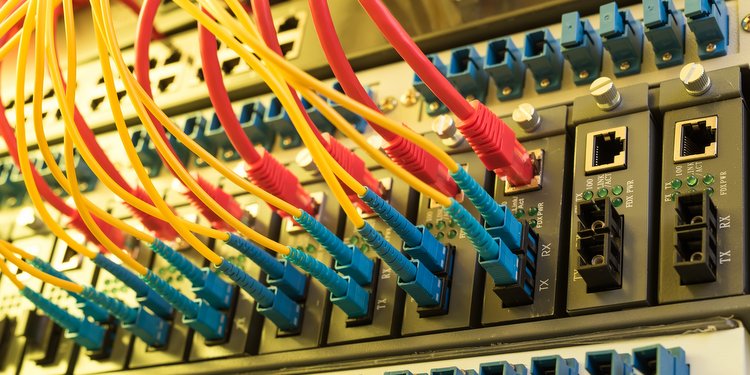A city in Lafayette county, Georgia is set to spend $3.2 million of taxpayer’s money on broadband which won’t be available to taxpayers. The City Council has already approved the proposal, which will service city businesses with faster broadband, but the city’s residents will not be permitted to buy it.
City officials attempted to minimise the risk to taxpayers at the city council’s meeting, saying that it will allow them to save money. They are currently paying a private provider for their broadband, and the deal represents a way to save money while making up a shortfall in licensing fees caused when people stop subscribing to cable TV. The city needs 29 businesses to sign up to cover costs. Council member Eric Imker said this may not be as simple as it sounds, as the council must compete with private providers who may develop new technologies in the intervening time to tempt customers away.
While the city attempts to minimise the risk to taxpayers, the reality is that the taxpayers of Lafayette county are on the hook for costs incurred from a service that stands to bring no benefit to them, and could end up costing them money. Similar scenarios are being seen all over the country, with Americans being blocked from accessing fast broadband services due to legislation which favours municipal broadband networks – networks which cost too much, harm competition and often aren’t even available to local residents. In Tennessee, rules on access block a large number of residents from accessing the public broadband network which gives their neighbors fast wi-fi. All of this has created a situation where Facebook founder Mark Zuckerberg is pioneering free wifi in “third-world” countries like India, while back home in Tennessee teenagers are spending $300 a month using 3G to access the internet.
If you think the US needs to reform its municipal broadband system, Like & Share this post.


